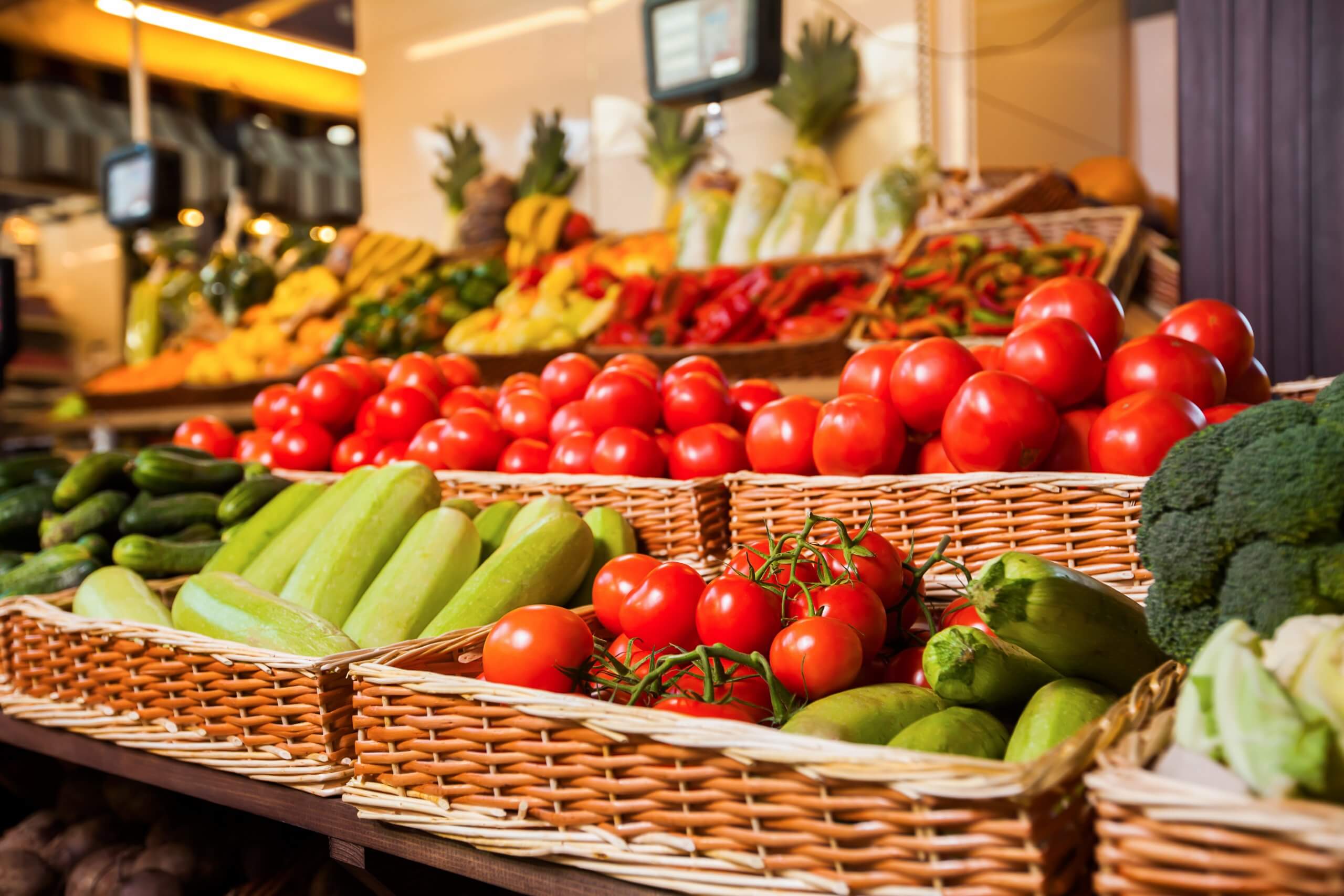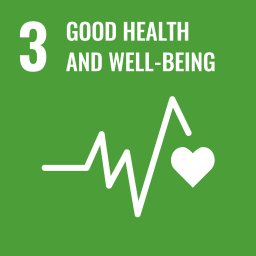The action and its aims
Under the Healthy Corner Stores initiative, corner stores (including gas stations) in two zip codes are adopted by residents, who build relationships with owners and, together with a professional business consultant, help them to stock more healthy foods and host community events. The aim is to increase the availability of fresh, affordable, convenient, and nutritious food in low-access neighborhoods.
When it was introduced
The initiative began in 2015.
Why it was needed
It was needed because 38% of residents in the two areas are food insecure, while there is a high prevalence of fast-food restaurants and convenience stores and a lack of access to full-service grocery stores.
Who initiated it, who is involved
The initiative is supported by the City of Austin under its ‘Fresh for Less’ initiative and implemented by community health coalition Go Austin/Vamos! Austin (GAVA), in partnership with non-profit organisation The Food Trust.
Impacts to date
The initiative has worked with eight corner stores. GAVA is now working with Austin Public Health to create a sustainable supply chain for fresh produce for the corner stores, enabling them to diversify products and lower prices.
More information: A similar programme, called ‘Baltimarket Healthy Stores’, has been implemented in Baltimore (USA) to provide corner store owners with incentives, infrastructure, education and marketing strategies to stock healthier foods. Toronto (Canada) also ran a Healthy Corner Stores programme along similar lines from 2014. However, it was brought to an end as the resource inputs to ensure efficacy were too high and it was hard to achieve all the required interventions, working on behaviour change in tandem with supporting store operators and ensuring a stable supply of high quality, low cost, healthy foods.



